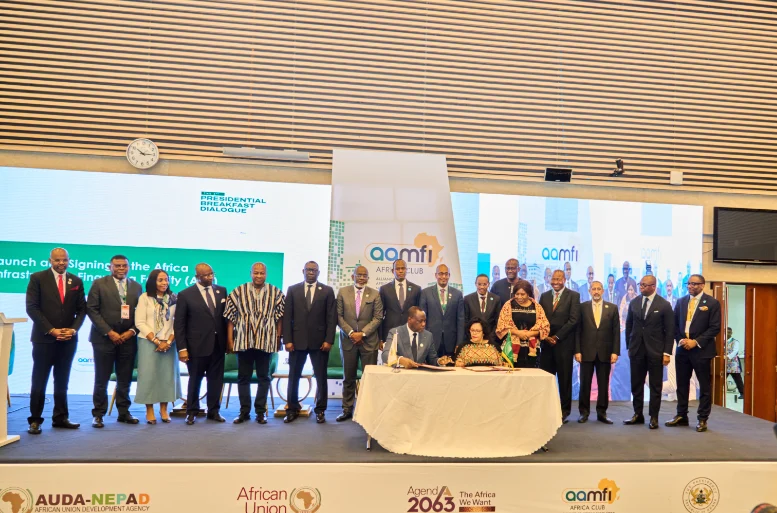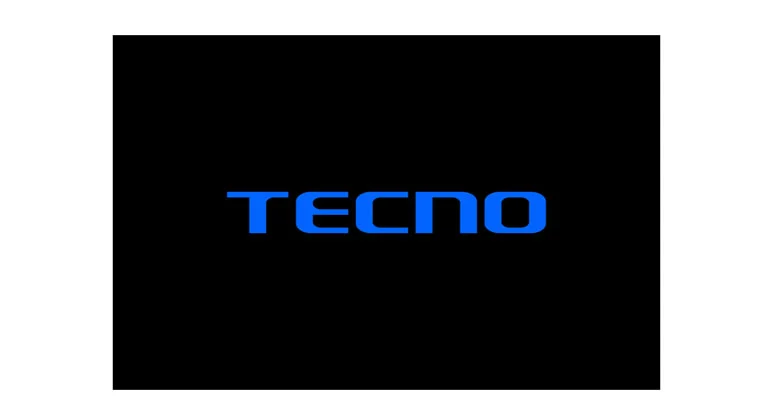Uruguayan fintech company dLocal has strengthened its footprint in Africa by securing payment service provider licenses from the Central Bank of Kenya and the National Bank of Rwanda. This move comes on the heels of dLocal’s recent entry into Nigeria, where it received a similar license from the Central Bank. These approvals mark an important step for the cross-border payment processor as it positions itself to capitalize on Africa’s booming digital payments market.
Founded in 2016, dLocal connects global merchants to emerging markets, enabling them to process payments directly through its API without needing intermediaries. The company supports transactions for major international brands like Uber, Microsoft, Shopify, and Booking.com, allowing them to accept payments via cash, mobile money, Visa, Mastercard, and locally issued debit and credit cards—all through a single, seamless integration. As Africa’s e-commerce ecosystem grows, dLocal sees an opportunity to fill critical gaps, offering international merchants a simplified solution for reaching African consumers.
“Africa is projected to surpass half a billion e-commerce users by 2025, driven by a steady annual growth rate of 17% in online consumer activity,” noted Adebiyi Aromolaran, Head of Expansion Africa at dLocal. “Our goal is to offer a reliable payment infrastructure that supports this shift toward digital payments across key markets like Kenya, Nigeria, and Rwanda.” Aromolaran emphasized that Africa presents a tremendous untapped opportunity in digital commerce, particularly as consumers increasingly shift to online transactions in response to regulatory changes and expanding access to digital financial services.
Africa’s payments sector has seen rapid growth, with wallets and payment services forecasted to account for significant revenue increases in the coming years. McKinsey reports suggest that African fintechs could grow their revenues by 800% by 2025, driven by rising demand for financial inclusion and accessible payment solutions. However, despite the presence of strong homegrown players like MFS Africa, Flutterwave, Paystack, and Cellulant, dLocal believes there is ample room for competition.
Securing these licenses enables dLocal to handle payments directly, bypassing the need for third-party providers and ensuring regulatory compliance. This is crucial in a region where the regulatory environment can vary significantly from country to country. “Receiving these licenses in Kenya, Nigeria, and Rwanda is a milestone in our mission to be a truly local payment partner for global merchants,” Aromolaran explained. “These approvals allow us to scale our technology and broaden our reach across Africa while remaining compliant with local regulations.”
dLocal’s strategy reflects a larger trend among international fintech firms recognizing Africa’s potential for digital payment services. With financial services and payments contributing a growing share to Africa’s $230 billion revenue opportunity by 2025, international players are increasingly investing in the continent. According to a recent report by Boston Consulting Group and QED Investors, Africa’s fintech market is expected to grow at a compound annual growth rate (CAGR) of 32% until 2030, with countries like South Africa, Nigeria, Kenya, and Egypt leading the charge.
While dLocal has achieved significant growth since its inception, becoming Uruguay’s first unicorn and listing on the Nasdaq, its expansion into Africa is strategic. By focusing on fast-growing markets, the company hopes to tap into a new wave of consumers and support global merchants aiming to reach Africa’s emerging digital economy. As e-commerce and digital payments become more ingrained in everyday transactions, dLocal’s entry signals that Africa’s fintech landscape, though competitive, still holds vast potential for innovation and growth.
With more than $357 million in disclosed funding since 2016 and operations across 40 countries, dLocal’s decision to double down on Africa aligns with broader global interest in the continent’s fintech space. The company’s expansion strategy in Kenya, Nigeria, and Rwanda underscores its commitment to providing robust, accessible payment solutions across Sub-Saharan Africa, catering to both international merchants and the continent’s evolving consumer base.












